The inaugural workshop of Nigeria’s National Technical Working Group on Front-of-Pack Labelling (NTWG–FOPL) was held from July 16 to 17, 2025, at Wetland Hotels in Wuye, Abuja. Convened by the Federal Ministry of Health and Social Welfare (FMHSW), the workshop brought together legal and technical experts, representatives of key ministries and regulatory agencies, civil society organisations, and development partners to formalise the structure of the working group and begin the process of building a national framework for food labelling policy in Nigeria.
The meeting opened with a welcome address from Ms. Olubunmi Aribeana, the Director of Food and Drug Services, delivered on her behalf by Ms. Adeola Olufowobi Yusuf, Head of the Food and Drugs Services Department. She highlighted the urgency of the task before the TWG, noting that nearly three in ten Nigerians die every year from heart disease, stroke, diabetes, and other diet-related illnesses. She called for coordinated legal, policy, and advocacy action to shift this trajectory and urged participants to bring their expertise and institutional mandates to bear on the work ahead.
Representing the Permanent Secretary of the Ministry, Dr. Okara Dogara gave the opening remarks. He welcomed the presence of a wide range of professionals at the workshop and restated that diet-related non-communicable diseases now account for close to 30 percent of all deaths in Nigeria. He called for innovative contributions to ensure the FOPL process moves beyond technical discussion and is translated into policy and regulation that serves public interest.
Goodwill messages came from the World Health Organisation (WHO), the Food and Agriculture Organisation (FAO), Resolve to Save Lives (RTSL), the Global Health Advocacy Incubator (GHAI), the Network for Health Equity and Development (NHED), and Corporate Accountability and Public Participation Africa (CAPPA). All expressed strong support for the Ministry’s leadership and acknowledged the necessity of anchoring FOPL within a broader regulatory push to curb the health harms of ultra-processed foods and protect consumers from aggressive industry marketing.
Mr. John O. Atanda, Director of the Food Safety and Quality Programme outlined the objectives of the workshop. These included the official inauguration of the TWG and the establishment of subcommittees, approval of the group’s Terms of Reference, building the technical capacity of members, and generating momentum for stakeholder mobilisation around the policy. The meeting then proceeded with technical presentations from experts working at the intersection of food policy, law, public health, and consumer protection.
Femi Stephen of the Federal Ministry of Health and Social Welfare presented on the role of informed consumer choice in public health regulation, framing FOPL as a corrective mechanism in a food system dominated by profit-driven information asymmetry.
Dr. Pinda Wakawa of WHO presented international best practices and global standards for FOPL, making the case for clear, interpretive warning labels over industry-preferred systems such as traffic lights or guideline daily amounts.
John Tehinse of NHED laid out the internal structure and role of the TWG, clarifying the group’s operational procedures and expectations.
Batet Musa of RTSL reviewed examples from countries like Chile, India, and South Africa, offering insight into how well-designed FOPL policies have shifted both consumer behaviour and corporate reformulation.
Shade Oyelade, the Legal and Drafting Officer of CAPPA presented case studies on the legal basis for advancing FOPL, drawing from precedents in Latin America to show how regulatory instruments have been used to withstand corporate resistance and enforce public health mandates.
Joy Amafah-Isaac, In-Country Co-ordinator of GHAI closed the session with a presentation on nutrient profiling, urging Nigeria to adopt the WHO Afro model as the most scientifically credible benchmark for product classification.
Participants engaged in a group exercise using the WHO Afro Nutrient Profile Model to evaluate the nutritional content of real food products on the Nigerian market, including instant noodles, biscuits, and candy. These sessions facilitated hands-on analysis of sodium, sugar, and saturated fat content, and allowed participants to discuss how policy thresholds could drive industry reformulation.
The second day began with a recap of action points. Subcommittees were formally established, covering Research and Design, Education and Awareness, and Nutrient Profiling. CAPPA sits on all three. Each subcommittee defined its vision and mapped out a framework of priorities, timelines, and responsibilities. Chairs and secretaries were appointed, and reporting pathways were clarified.
Further technical presentations included an overview by Femi Stephen on the Ministry’s research plans for FOPL design in Nigeria. He warned against adopting labels that serve industry interests over public health, stressing that the design must be evidence-based, culturally specific, and tested for clarity across age, literacy, and regional differences. He identified three core aims: testing consumer understanding, evaluating behavioural response in real-time shopping environments, and ensuring coherence with national nutrition policy and WHO principles.
Dr. Dolapo, a scientific and food consultant, presented the technical framework for the proposed FOPL research rollout, which will follow a four-part design, including a randomized controlled trial, and is expected to be completed within a year. Breakout sessions followed, where subcommittees refined their objectives and action points. The Secretariat committed to collating all submissions for use in subsequent phases. Templates for future reporting and presentations were also agreed upon. The meeting closed with remarks from John Atanda, who thanked participants for their contributions and affirmed the Ministry’s commitment to following through on the policy infrastructure laid at the workshop.




